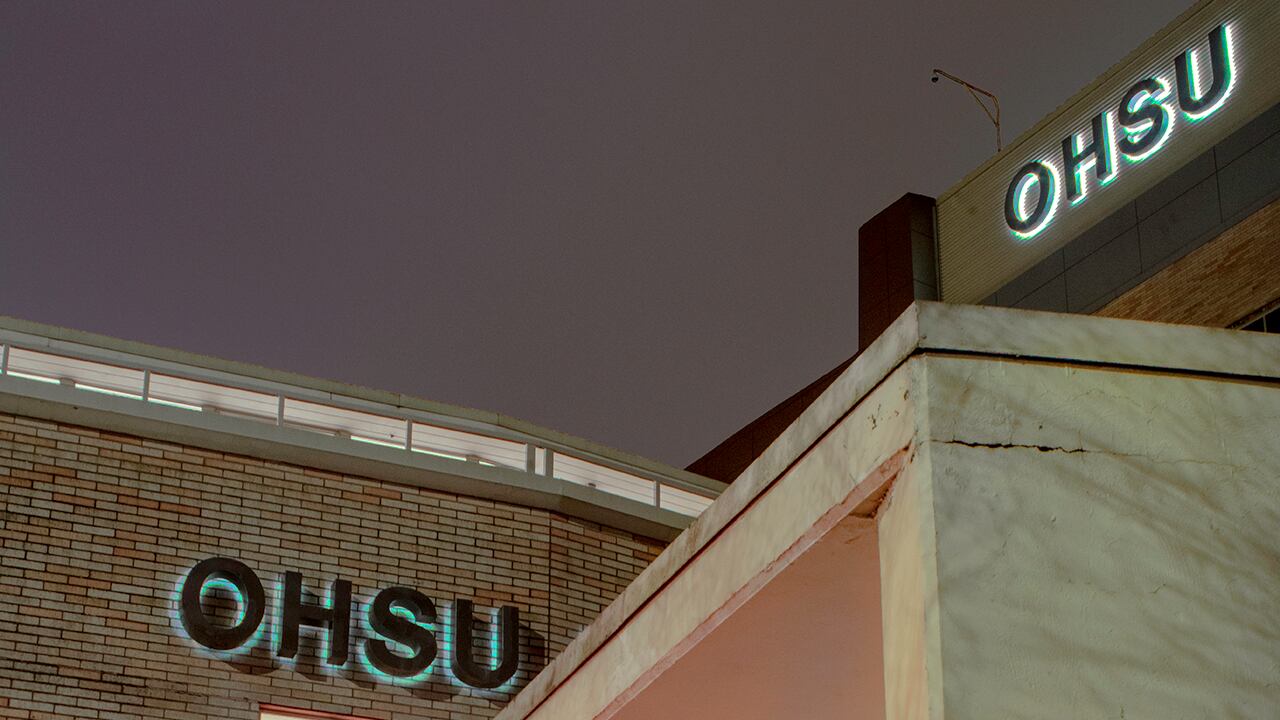At the beginning of this year, Qiana Williams, chief people officer at Oregon Health & Science University, set up a new group called the Culture + Climate Advisory Group to “ensure that our desired organizational culture thrives among our members,” according to a document describing the group.
The CCAG, as it’s known, got off to a rocky start. In a virtual meeting last month, Williams addressed grousing by some of its 18 members.
“A culture of complaint is pervasive at OHSU,” she said on a recording obtained by WW. “I’m just going to be frank and say I think this group has an opportunity to think about how you can be more helpful towards what CCAG should be versus the ongoing onslaught of what it’s not. If it’s not working for you, then re-create it.”
When a member of the group took issue with Williams’ characterization of the university’s culture, she pushed back, saying: “We don’t police words, right? Because we often police the words of Black women.”
Williams has irked many staff at OHSU by looking past Oregon and hiring most of her senior staff from OhioHealth, where she worked previously.
On the April CCAG call, she recommended that members struggling with their new duties reach out to two of her staff, Ernest Perry and Brandi Wilson, who come from Ohio, because they are experts in “change management.”
OHSU defended Williams’ harsh take on the culture, saying it made sense in context.
“During the meeting, Qiana addressed the concept of a ‘culture of complaint’ within the context of encouraging proactive engagement and solutions-oriented thinking,” an OHSU spokeswoman said in a statement about the meeting. “Her remarks were aimed at emphasizing the importance of each member’s role in driving positive change.”
When one member of the CCAG lamented how the culture had changed for the worse in the last five or so years, Williams said that “there were a lot of people who didn’t have that kind of warm fuzziness” about the place.
Dr. Jeff Jensen, vice chair of research in obstetrics and gynecology, and one of the administration’s most outspoken critics, said it’s a mistake for Williams to be so dismissive of the existing culture.
“What Qiana implies is that the OHSU culture of the past—a culture that several of the CCAG members recall as favorable—was toxic, damaged and inherently wrong,” Jensen said. “She directs the committee to look forward and imagine a new culture, but she provides no insight into what that might look like. Apparently, it requires virtual meetings and a lot of outside consultants.”
The CCAG meeting was facilitated by Mitchell Brown, a Brooklyn, New York-based diversity-and-inclusion practitioner at the Kaleidoscope Group, which is based in Chicago.

